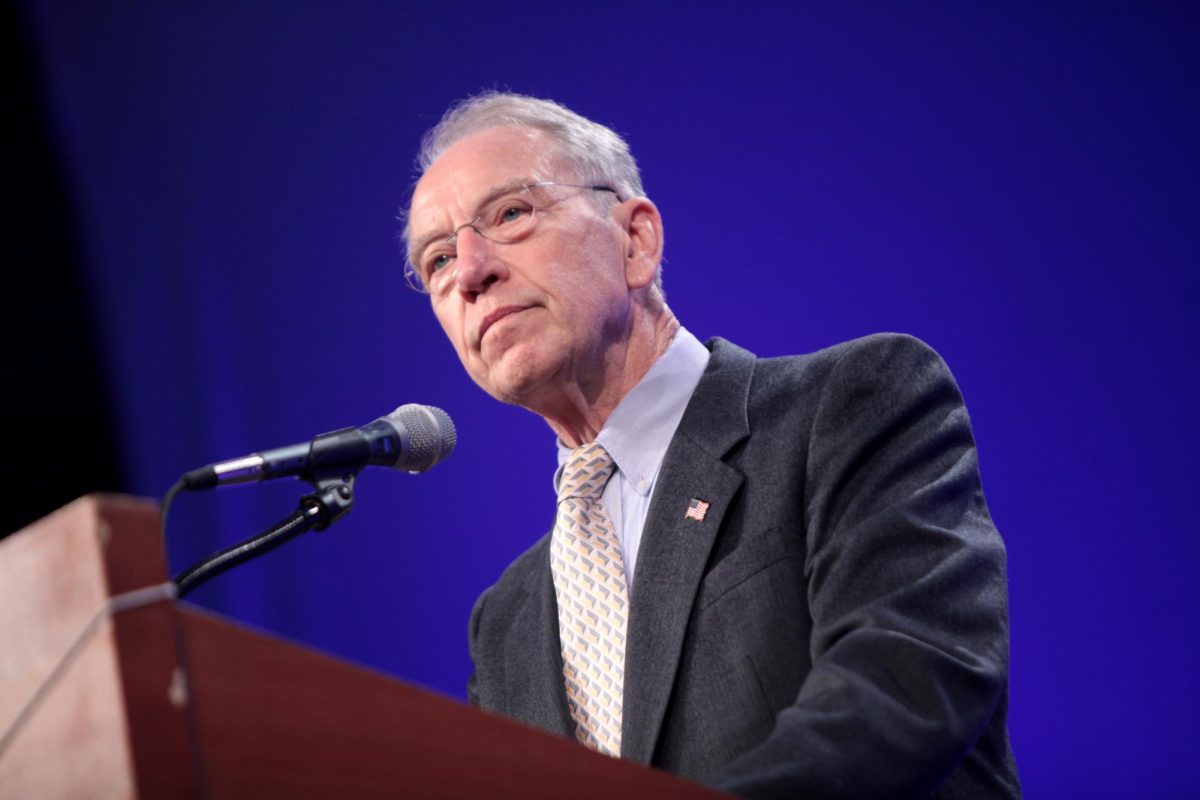It’s no secret that there are politicians that have been accused of sexual assault and rape— many of which are currently in office and/or running for a position. Some Americans might ignore this issue, but people who have been a victim of sexual assault, like myself, are far from letting it slide.
Just in the past year, there have been approximately 35 new cases of sexual assault involving politicians that have arisen to the public’s eye. Some examples of the accused as of October 2017, to name a few, include Donald Trump, Eric Schneiderman, and Clay Johnson. The most recent case involves Supreme Court nominee, Judge Brett Kavanaugh. Recently, three different women have publicly stated that he had sexually assaulted them, one of which was brought into the court of Congress to plead her case.
Being a human being who has previously been a victim of sexual assault, it pains me that a person that I am supposed to trust, to lead my country, is an individual that has been involved with such horrendous actions. A politician is someone that citizens are supposed to trust and look up to. Citizens are supposed to agree, to at least some extent, with what they do and believe in. It is very difficult to entrust your own government to a person that has played a role in rape and/or sexual assault.
As a kid, I was lonely, which caused me to eagerly trust someone who gave me the slightest interest in being my friend. I didn’t want to spend the rest of my life alone, and my young, innocent self saw everyone around me as trustworthy and well-intended. When I was confronted by a “friend” to engage in actions regarding my body, I agreed, believing that I was doing the right thing and making a friend. I completely misjudged him and the circumstances at hand. I gave him my full trust, much like a citizen gives to a politician. While I gave permission for him to engage in his actions, I grew to regret it the moment after. I was a young child, and I didn’t know what I had done nor what the repercussions were going to be. It’s a terrible feeling to feel used, to have your own body be something you’ve grown to hate.
A person is supposed to respect themselves— the person they are, their body. I, however, have grown to hate myself, with this self-hatred mainly stemming from that one night all those years ago. I hated my body in particular. It is a very difficult inner conflict, to not want to appear ugly by societal norms but not attract too much attention— to want to embrace my curves and body, but also wanting to conceal it. It is a very thin line that I myself still do not fully understand.
If I can barely trust myself for my past actions, how am I supposed to trust a man who was on the opposite of the situation and, in Kavanaugh’s case, repeatedly? The answer is that I can’t. I can’t bare to give a person like Kavanaugh power over my country, the same way I gave a boy power over my body so long ago. A person is supposed to respect and accept their government the same way that someone accepts their body. What kind of country will we have if we can’t trust their own government?
I can’t let a person get away with such a terrible action. If those women can’t move on and forget what happened to them, and if I can’t move on or forget what happened to me, why should people like Kavanaugh get the privilege to live the rest of their lives without repercussions, ignoring their actions and those they mentally and physically hurt?
It is not fair that the accused can walk away as if nothing happened and receive such a high profile position, like as a member of the Supreme Court or President of the United States.











